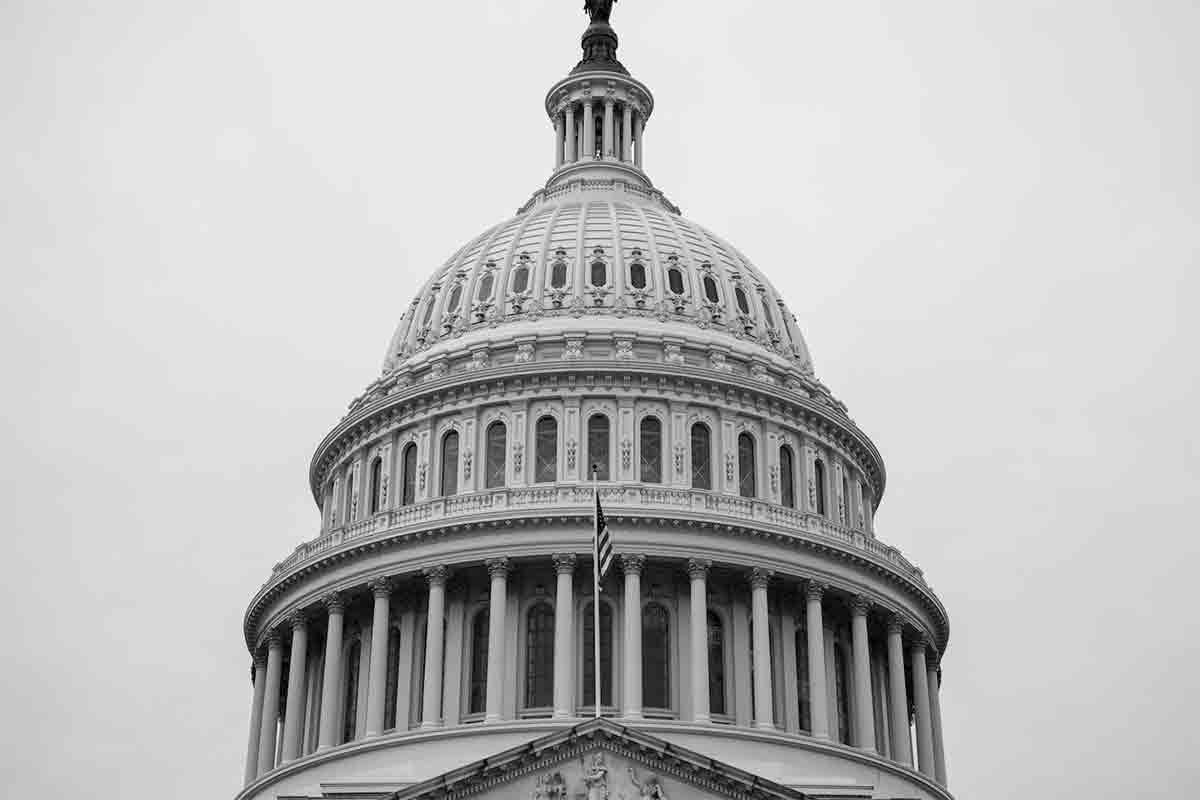New legislation proposed by House Republicans aims to curtail the influence of ESG (environmental, social, and governance) investing by imposing restrictions on financial advisors and retirement funds.
Representative Andy Barr, a Republican from Kentucky, is set to introduce the bill on Wednesday. The proposed measure seeks to amend the Employee Retirement Income Security Act, requiring retirement funds to solely prioritize profit maximization and limiting their ability to invest in ESG options.
Under the bill, retail investors would receive notifications if their financial advisors allocate their funds towards ESG investments. Furthermore, advisors would be obliged to disclose the discrepancy in fees and performance between ESG funds and similar index funds. Advocates of ESG investing argue that it promotes societal welfare, while critics contend that it harms investors.
Barr clarified that his bill does not outright prohibit investments in ESG options. Rather, its objective is to ensure that investors’ returns take precedence over social and environmental objectives. Investors interested in ESG investments would still be allowed to pursue them but would need to provide written consent.
Republicans have previously attempted to restrict ESG investments. Earlier this year, both chambers of Congress voted to overturn a Biden administration rule that allowed fiduciaries to consider ESG factors when making investment decisions. The bill was ultimately vetoed by President Joe Biden, and attempts to override the veto fell short. Barr’s previous attempt to introduce similar legislation received support from Republicans but not from Democrats.
Although the likelihood of Barr’s comprehensive ESG bill reaching President Biden’s desk or even the Senate is low, it could form part of a broader initiative by Republicans on the House Financial Services Committee to raise concerns regarding ESG investing in July. Barr, a senior committee member, stated that several hearings and a package of bills on the topic are planned.
Also Read: Ramit Sethi Challenges Conventional Wisdom: Renting Trumps Buying a Home for Wealth Building
“Our goal is to depoliticize investing in America, regardless of party affiliation or ideology,” Barr said. “Your 401(k), your 529, and your investment account should work for you. It should generate returns, rather than serve as a mandatory political statement.”
As the federal government pursues this agenda, several Republican-controlled states have already implemented or are contemplating similar restrictions on ESG funding. Kentucky, Barr’s home state, stands out as Democratic Governor Andy Beshear signed one of the most stringent anti-ESG laws, mandating fiduciaries to prioritize profit maximization.
Representative Brad Sherman, a California Democrat on the House Financial Services Committee, argued against federal interference in states’ investment decisions, asserting the importance of respecting democracy and state autonomy.
Also Check: Basic Income – How to Get $6,000 in Cash for a Year
